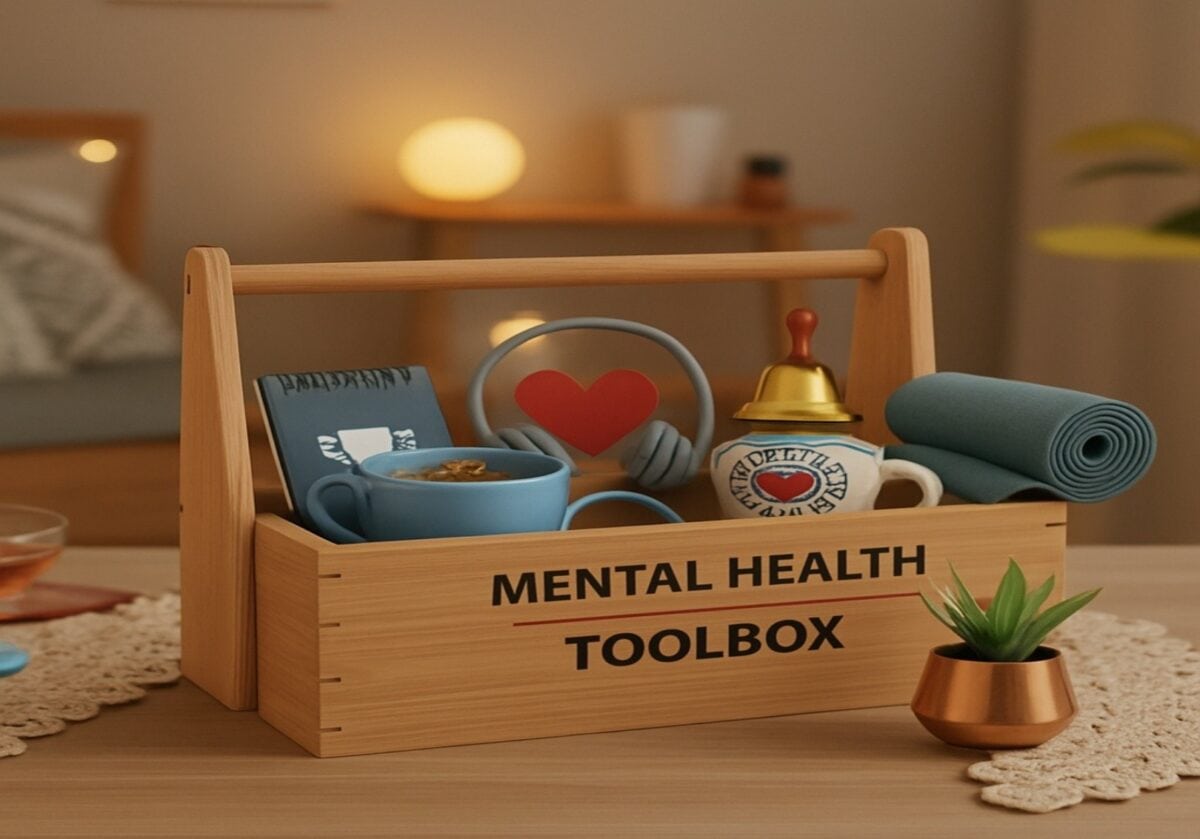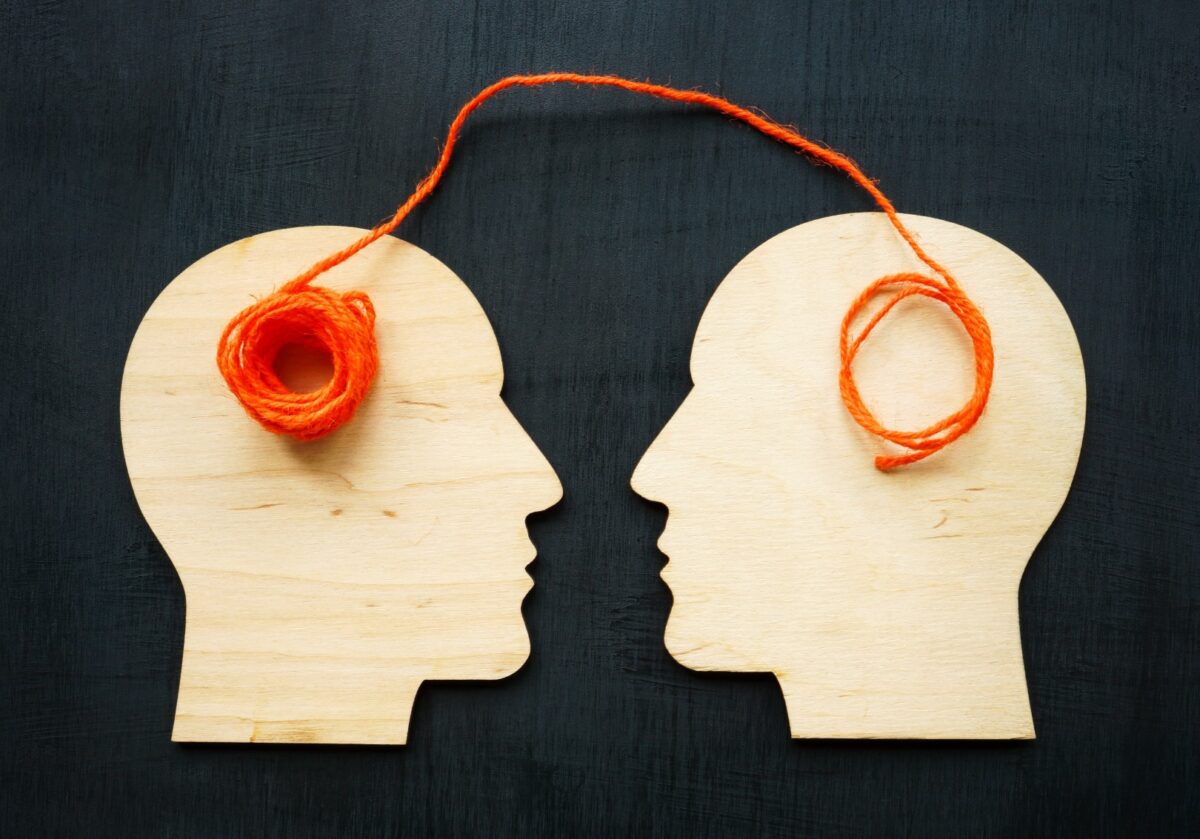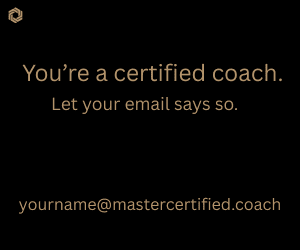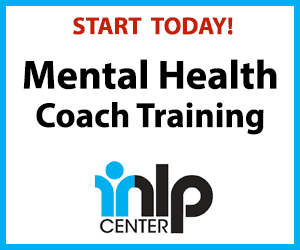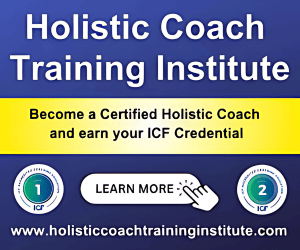Featured Post
Explore the Latest Posts
Search
Topic
Post Type
Audience Type
Author
Trust, Transformation and Technology: Coaching in the Financial and Professional Services Sectors
The Global Growth Blog Series | Part 3 ICF’s Global Growth blog…
DEIB News: Building Belonging in Coaching
Diversity, equity, inclusion, and belonging aren’t nice-to-haves in coaching — they’re essential…
How to Master AI and Authenticity in Coaching
How do you stay relevant when AI can now draft client assessments…
Why Coaching Works: The Psychological Nutrients That Feed Flourishing
Where I’m from, many people still view coaching as woo-woo. Someone once…
How to Use LinkedIn to Establish Thought Leadership
LinkedIn offers coaches a powerful opportunity to attract new clients, establish thought leadership, and grow…
How Career Transition Coaching Protects Your People, Your Brand, and Your Culture
When companies ask me about the ROI of coaching, I usually ask…
Coaching as a Strategic Advantage: What the 2025 Global Coaching Study Reveals
The 2025 ICF Global Coaching Study highlights continued global growth in professional coaching alongside…
The Power of Active Listening in Meaningful Coaching: Why Active Listening is the Most Essential Coaching Competency
Of all the foundational coaching competencies identified by the International Coaching Federation…
Allyship in Action: Coaching as a Catalyst for Change
Allyship is often framed as a value or an intention. In practice,…
Grace Under Fire: Building Stress Resilience for Coaches and High Achievers
There’s a unique kind of pressure that lives at the intersection of…
Beyond the Session: The Coach-Adjacent Skills That Matter
Unlike many coaches, I didn’t come to this from another career. Coaching…
The Role of Cultural Humility in Coaching
Remember the last potluck you attended? Everyone brought a dish, a food representing their…
Self-Compassion in Understanding Our Immunity to Change
Not long ago, one of my coaching clients confided that she hoped…
The ROI of Coaching: Why It’s Worth the Investment
Coaching is on an upward trajectory — not by chance, but because…
How Psychology and Supervision Evolve Coaching
As the coaching profession continues to grow and mature, one question is…
